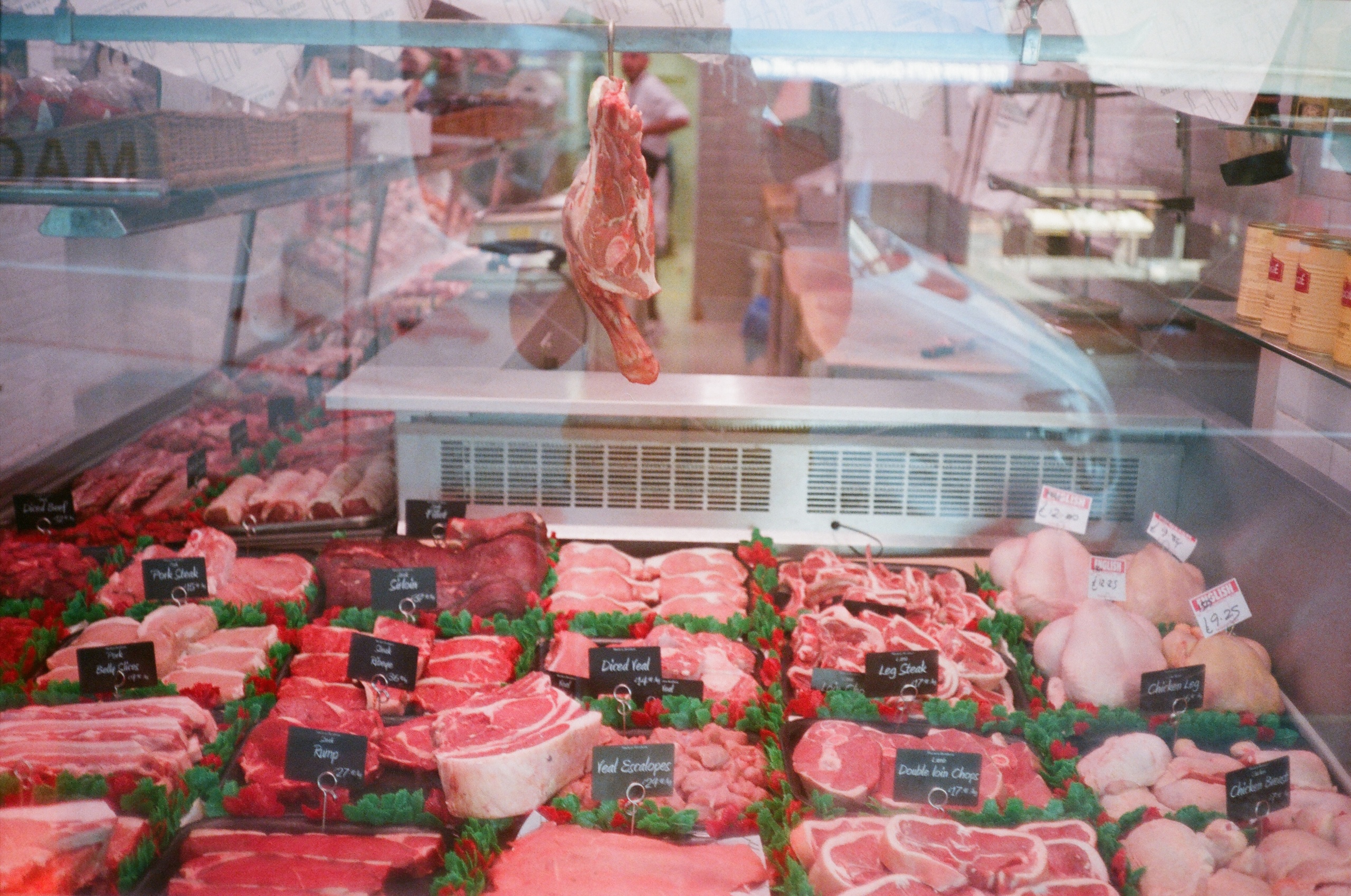
Red meat is possibly one of the most controversial topics in the cooking industry. Is it good for you? Is it bad for you? Should you eat red meat every day? Well, it comes with a lot more questions. Here are 7 surprising facts you didn’t know about eating red meat:
Red Meat’s Nutrient Powerhouse
Guess what? Red meat is a one-stop shop for essential nutrients. Iron, zinc, vitamin B12, and protein – it’s got them all. These goodies play a starring role in keeping you in top form. So, don’t feel guilty about savoring a juicy burger or a well-cooked steak!
Lean Cuts = Healthier Bites
Not all red meat is born equal. While those marbled, fatty cuts make your mouth water, they can also pump up your saturated fat intake. The smart move? Opt for leaner cuts like sirloin, tenderloin, or round. They let you savor the taste without loading up on the bad stuff.
Grass vs. Grain Feeding
What’s on the menu for cows matters. Grass-fed beef typically packs less fat and more healthy nutrients like omega-3 fatty acids and antioxidants. But there’s more to the story, like environmental impact and local availability. So, your choice depends on various factors.
Watch Your Portions
Red meat in moderation, please! Gobbling up massive portions of it regularly might open the door to health issues, from heart problems to cancer risks. The American Heart Association suggests about 3-4 ounces per serving. Keep an eye on those portion sizes!
How You Cook Counts
Turns out, the way you cook your red meat can influence its healthiness. Grilling, broiling, and roasting are your better bets. These methods are kinder to your waistline than deep-frying or drenching your meat in oil. And don’t forget to avoid overcooking – it’s all about balance.
Red Meat and the “C” Word
You’ve heard the rumors, but here’s the deal: high consumption of red and processed meats, like bacon and sausages, could be linked to certain cancers, including the dreaded colorectal variety. It’s a complex connection, though, influenced by various factors.
Make Sustainable Choices
Red meat production isn’t a breeze in the environment. It contributes to greenhouse gases and eats up lots of land. You can do your part by going the eco-friendly route. Reduce meat consumption, choose locally sourced, grass-fed options, and back regenerative agriculture practices. Mother Earth will thank you!
Red meat isn’t just another meal; it’s a conversation starter. Whether you’re savoring a tender filet or grilling up a burger, you’ve got to approach it with knowledge and balance. It’s all about making informed choices, from picking lean cuts and cooking methods to watching your portions.




